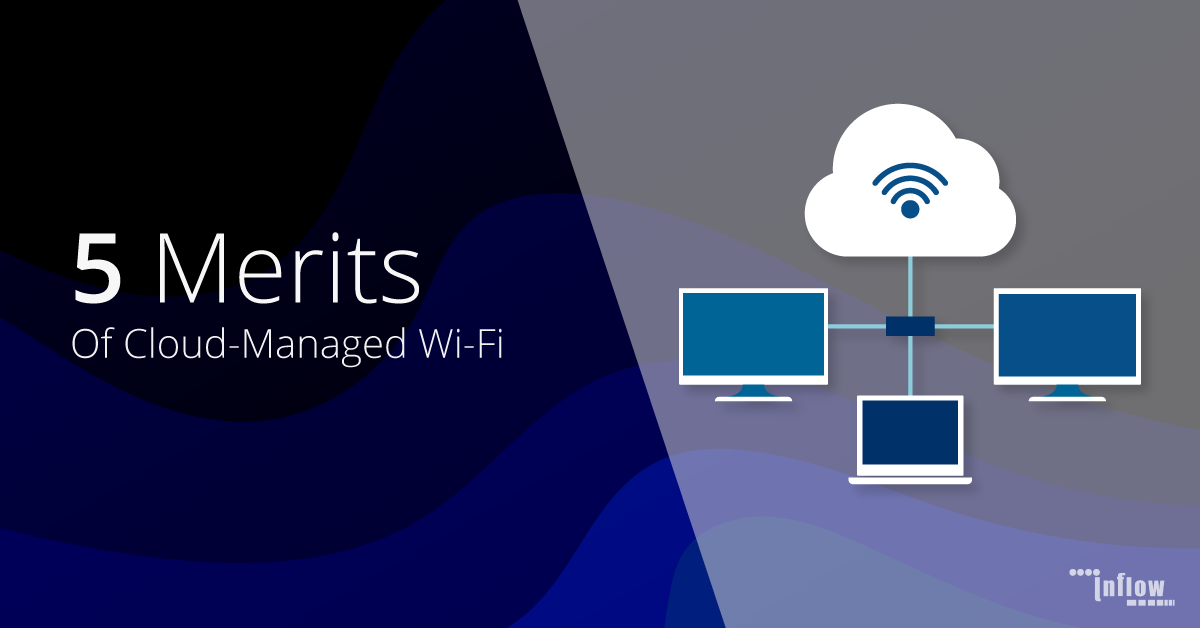
Did you know?
US football stadiums support over 30,000 Wi-Fi connections in a single game.
A large campus manages thousands of network access points. Conventionally, campuses with large Wi-Fi installations deploy controller-based architecture. The controller is the central data hub of a large number of access points. For a large campus, licensing a controller with the right number of access points can be challenging. The infrastructure requirements for Wi-Fi access in a campus are dynamic, and the IT staff may not possess the expertise required to manage and troubleshoot the complexities of a multi-controller environment.
Cloud Wi-Fi or Cloud Managed Wi-Fi is a flexible and secure architectural model designed to simplify the process. It moves away from the centralised model and capitalises on distributed networks. Access points connect to a management platform in the public or private cloud, and it is managed across an internet connection. If the internet goes down, one can still function locally with full features and access to internal resources.
Why choose Cloud Wi-Fi over the traditional Wi-Fi system?
Centralised Network Visibility
Cloud Wi-Fi solutions offer a unified view of the Wi-Fi environment through a single browser-based dashboard. It enables visibility of the entire cloud-based Wi-Fi solution across multiple locations and geographies. The dashboard facilitates the administration of set policies for content filtering, access, application and bandwidth usage, with the feature to apply them by site, user groups or individuals. Also, location tracking and data analytics offer a deeper understanding of the Wi-Fi usage of temporary users/visitors through location heatmaps and footfall traffic.
Adaptive Virtual Controllers
Some advanced Cloud Wi-Fi solutions have virtual controllers which always opt for the AP with the longest boot time. After configuring the first AP, subsequent APs added to the same L2 network will inherit their configuration from the AP elected as a virtual controller. If the elected AP reboots, the AP with the next longest boot time will take over as virtual controller.
Ease of Deployment
The real advantage of cloud-managed Wi-Fi is its configuration and management. It’s straightforward to deploy hundreds of access points in just a matter of days.
Eliminate VPN Hardware
The centralised controller for the whole Wi-Fi network is accessible remotely from virtually anywhere using secure communications. There’s no need to access the network through a VPN to manually provision access points on a single controller.
Multi-Site Updates
Cloud-managed access points receive their updates regularly. Re-boots can be scheduled as required by for your organisation
Added advantages of the futuristic Cloud Wi-Fi include:
- They can bypass RADIUS configurations to enhance ease of operation
- They do not need a router and firewall
- Less downtime as Cloud Wi-Fi provides diagnostics to troubleshoot wireless issues quickly.
Cloud Wi-Fi is ideal for organisations who intend to connect multiple sites over a wide area and need cost-effective Wi-Fi. They can effectively control and monitor applications bandwidth by leveraging on enhanced analytics.


No comments yet.
Leave a Comment
Let us know your thoughts on this !